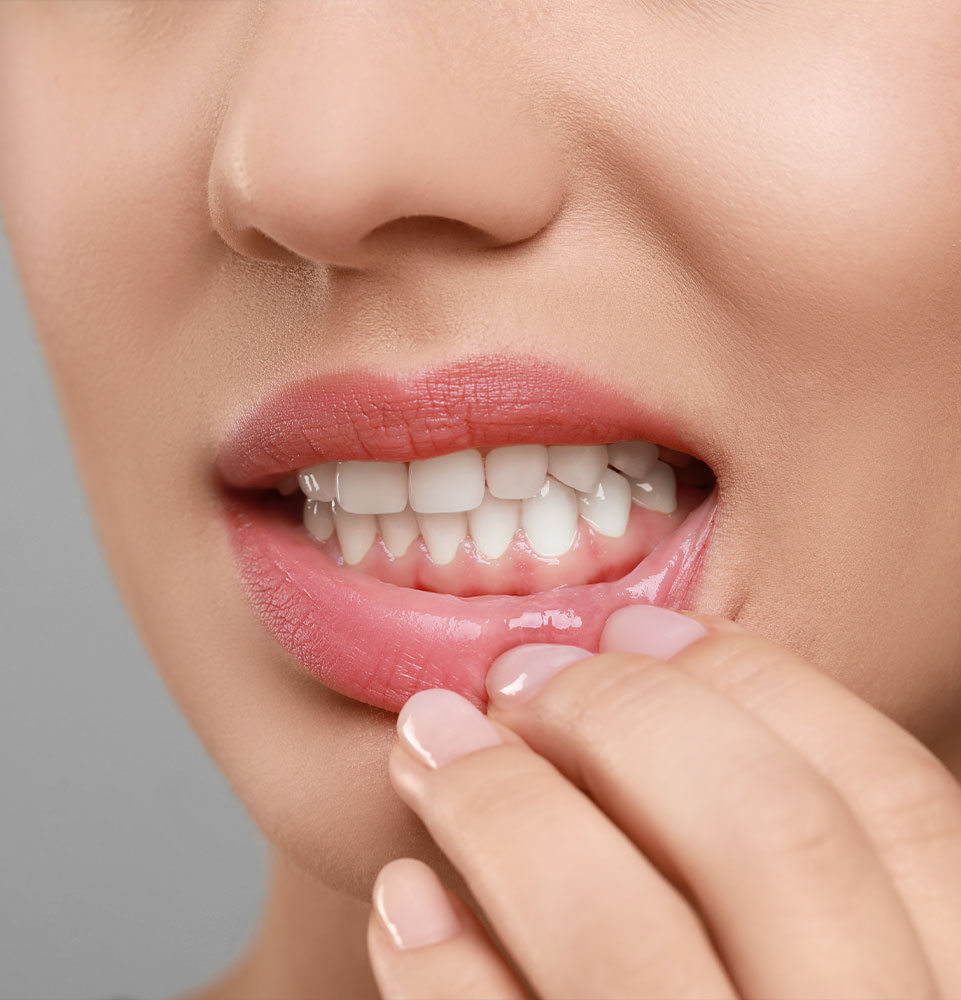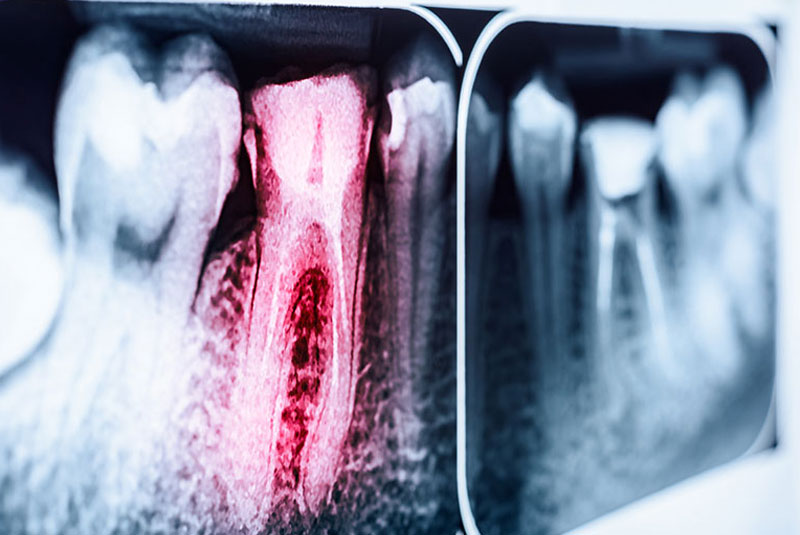Root Canals - Covington, LA
Lingering Tooth Pain?

The Problem with Your Toothache
Lingering tooth sensitivity after eating or drinking something hot or cold? Sharp pain when biting or chewing? A toothache is almost always a sign that infection has damaged the pulp within your tooth root. This can be the result of a severe tooth crack or fracture, injury to a tooth, or extensive tooth decay that has reached the inside of the tooth. Without treatment, the infection will continue to cause tooth pain, can lead to a tooth abscess, and in worst cases will require the tooth to be extracted altogether. If you’re experiencing any noticeable symptoms, especially a severe toothache, we have a solution!

Endodontics Remedy Deep Dental Issues
Our prosthodontist at Magnolia Dental is trained and experienced in providing endodontic treatment including root canals in Covington, LA. Root canals treat and remove the dangerous infection and inflammation inside your tooth before it can spread. Don’t let the stigma surrounding this procedure cause you apprehension or lead you to put off your treatment. When we offer root canals in Covington, LA they’re designed to comfortably eliminate your tooth pain (not cause more) and ultimately save your natural tooth! We partner with leading insurance companies to ensure your entire treatment process is painless and easy.
Pain-Relieving Endodontic Treatments

Benefiting from Endodontic Therapy
Once your endodontic procedure at Magnolia dental is complete, you’ll be able to live a comfortable and functional life again without any tooth pain. We’ll provide the necessary instructions to ensure your recovery is fast and healthy. In general, you can expect the following benefits from treatment:
- Preserved natural tooth
- Resolved toothache
- Restored tooth function
- Improved smile esthetics
